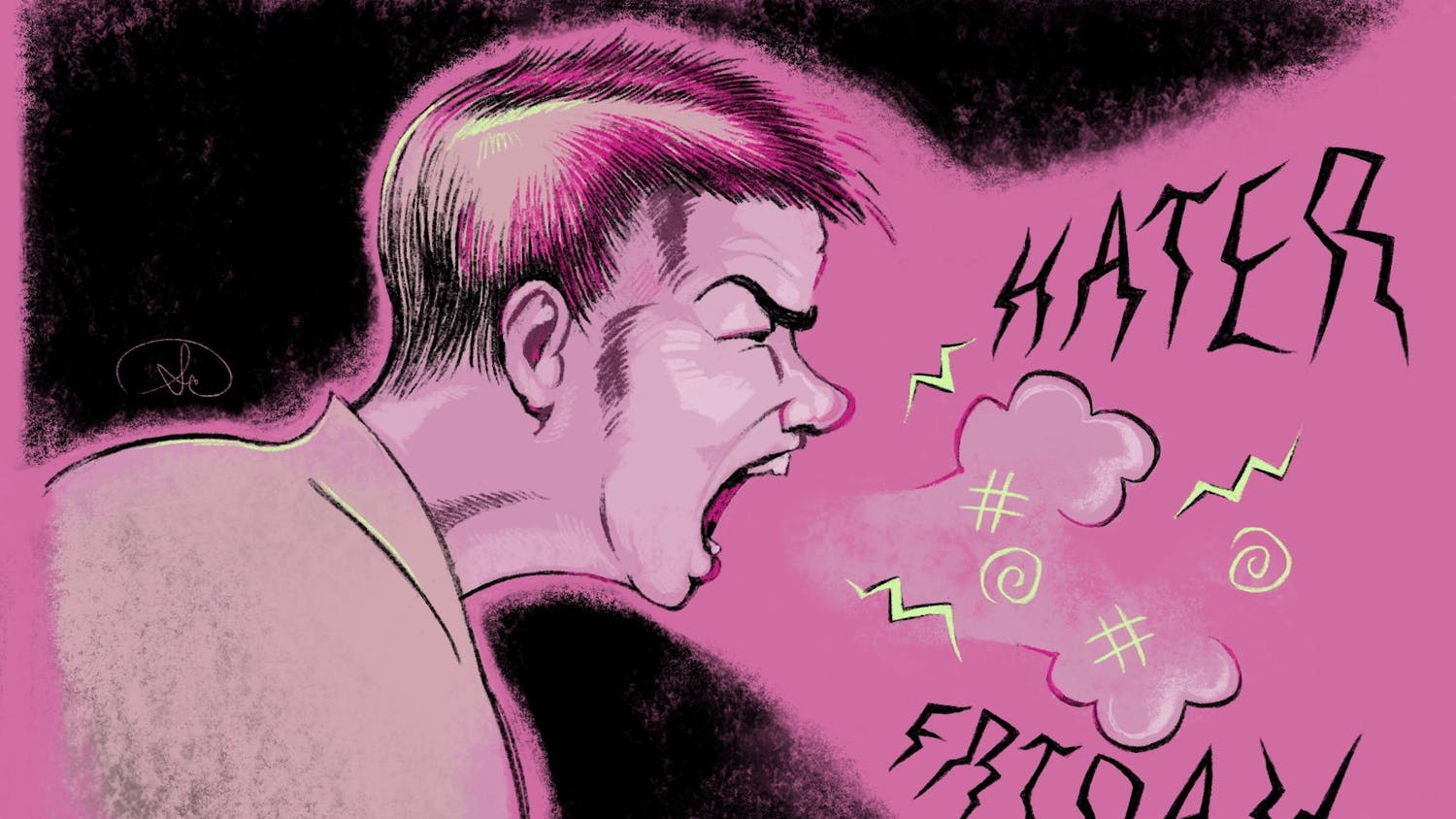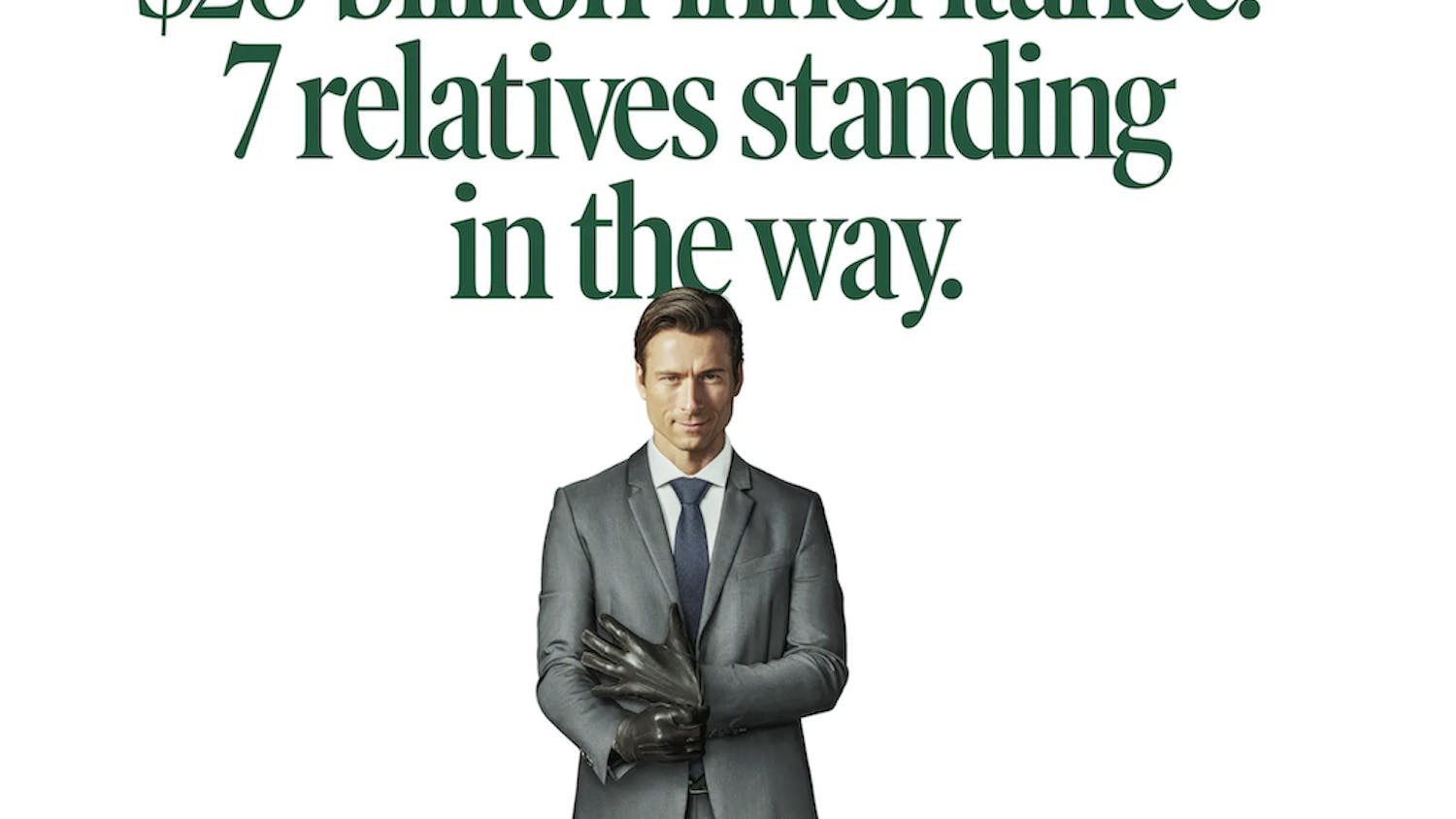In a now-deleted Tumblr post, musician Ethel Cain posted: "we are in an irony epidemic. there is such a loss of sincerity and everything has to be a joke at all times."
It is not hard to think of examples of what she means. The most liked comments and replies to any post tend to be jokes, often at the original content's expense. Cain herself mentions the prevalence of comments she gets like, "yes you ate that like isaiah ate ethel," a reference to a cannibalistic storyline in her album. Furthermore, the humor does not stop at fans. Multiple government entities have used Charli XCX's Brat's imagery for humor and marketing, including the Kamala Harris team, who rebranded the account's X (formerly Twitter) header using the Brat album cover style, or even NATO, which posted "peace" in the style of the cover on Instagram.
"i feel like no matter what i make or what i do, it will always get turned into a f*cking joke," Cain continued in the post. "it's genuinely so embarrassing. i hate feeling like i'm constantly complaining but i'm honest to god so turned off by so much of the way people engage with the shit i do and most things in general."
Humor is not bad. But in regards to engaging with media, humor is often used as a mechanism to avoid fully engaging with a work. A lot of art, especially in the case of Cain's, which deals with themes of abuse, cannibalism and sexual violence, is uncomfortable. It is meant to be. Humor becomes a way to avoid grappling with that discomfort.
Humor is also a way to avoid being "cringe" on the Internet. Admitting you have an emotional response to a work involves exposing your vulnerability and personal thoughts to a potentially large audience. The possibility of anyone seeing anything you say coupled with the rate at which negativity spreads on the Internet, understandably discourages real engagement with work. Even so, this trend of making jokes out of everything feeds into anti-intellectualism, discouraging engagement and analysis of the work in exchange for something meme-worthy.
On Letterboxd, a social platform designed for movie reviews, the top reviews for any given movie are usually a joke about the movie of some sort. And I get it. I like a lot of these reviews. But at the same time, when this is the overwhelming majority of responses, I cannot help but wish for deeper engagement with the work. The hegemony of jokes on every platform in response to media, whether intended by the users or not, promotes widespread avoidance of intellectual and emotional engagement with the work.
This constant use of humor as avoidance seems to be a symptom of avoiding meaningful engagement with art and its complexities. Recently, I have seen discourse online bemoaning that the queer horror movie I Saw the TV Glow never explicitly said the word "transgender." It’s an absurd criticism for two reasons. First, the film is very obvious with its transgender allusions, with one of the first shots being the main character amidst a background of pink, white and blue. Second, even if the film did not make so visually explicit its meaning, I would personally disagree with this criticism being legitimate — after all, art should not have to spoon-feed you its meaning to deserve merit.
Art does not — and should not — have to be easy to consume or palatable to prove it is worth enjoyment. There is an appeal to simplicity, understandably, but again, art should not need simplicity to be consumed.
What does it mean to "consume" media, currently? The word consumption itself implies the tasting of something, chewing and swallowing to make sense of it. Consumption is where you physically intake something that will sustain or possibly change you. The word itself also indicates that consuming, taking in, media is not supposed to be simple. But instead, we seem now to be veering in a direction where even the most mainstream media lacks depth to be palatable.
Is this desire for mindless consumption just an inevitable result of the current social media landscape? Social media as a whole does not allow for much nuanced engagement with media. X has an infamous character limit, and both Instagram and TikTok favor short-form video content. And the posts that seem most circulated on these platforms are usually jokes or memes. But when it's the majority, the most-liked and most-engaged with, when does it end?
This lack of critical engagement seems to be reflective of the current devaluing of art in society. People are so quick to forget the humanity intrinsic to art — everything created has a human being behind it. Yes, even AI "art" is art stolen from a human artist and fed to the program.
Cain's post brings up important points about meaningfully and respectfully engaging with creation. I think that for many creators, the relationship with creation can be contentious. So putting something out into the world requires a great deal of thought, care and effort. And I think, as the audience, we must consider the artist and their process in art. Any work of art deserves a certain level of respect given the creator's effort and intention. We need to critically and thoughtfully engage with art to keep art going in society, and to keep us from avoiding complex thinking.
I think Cain is absolutely valid in asking for a certain reaction to her work. She is not demanding for positive reception, but for the bare minimum of thoughtful engagement. We owe it to artists and creators to meaningfully engage with their work, especially when we like it.
Pen Fang is a freshman in the College of Arts & Sciences. They can be reached at amf337@cornell.edu.
Pen Fang is a member of the Class of 2028 in the College of Arts and Sciences. They are a staff writer for the Arts & Culture department and can be reached at pfang@cornellsun.com.











